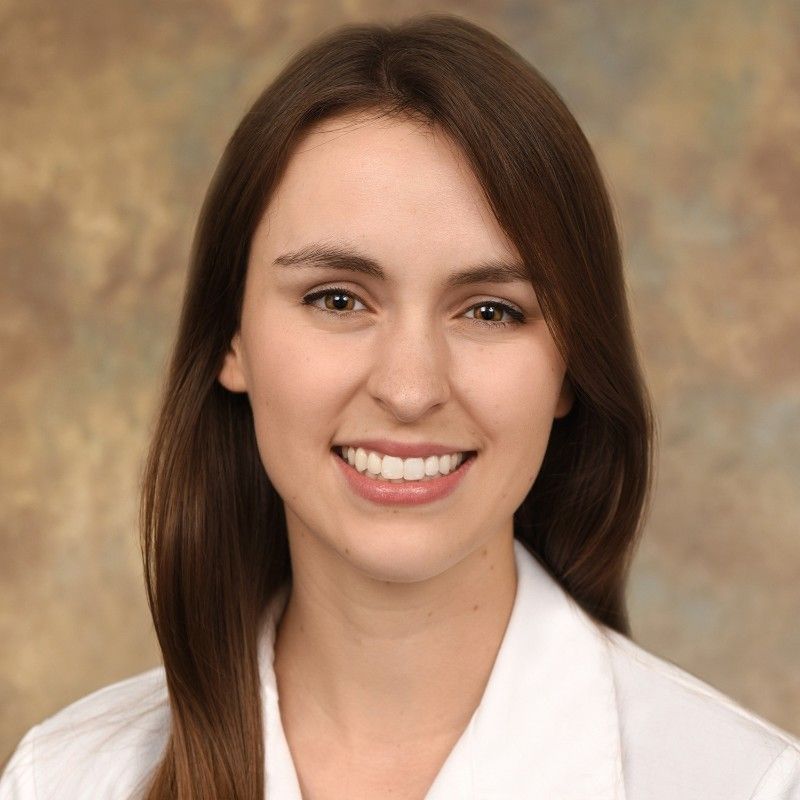Pharmacist Biosimilar Substitution Program Provides Significant Cost Savings
A program from the American Oncology Network shows promise to introducing cost-efficient biosimilar substitution opportunities to prescribers and payors.
Brooke Peters
Credit: LinkedIn

A biosimilar substitution program heralded by regional clinical pharmacists was associated with increased use of institution-preferred biosimilar products for the treatment or management of cancer, according to new research that which additionally reported significant cost-savings for all involved parties of the prescribing strategy.
A team of investigators from the American Oncology Network (AON) reported real-world findings from their application of a network-based program across 17 states in which pharmacists help facilitate biosimilar substitution opportunities for prescription drug orders between physicians and payors. Their findings highlight a practical strategy to better implement cost-saving biosimilar prescriptions for patients with cancer, albeit with a few hurdles in implementation to address.
Led by Brooke Peters, a regional clinical pharmacist with AON in Ohio, the team sought the impact of similar pharmacists within the AON network in assisting with the selecton of the most cost-effective biosimilar products for patients. As they noted, the circumstances of biosimilar availability in oncology and the nature of formulary selection and reimbursement challenges in AON across its 17 states of reach make their network a viable setting for the program and said assessment.
“As of December 2022, 22 of the 40 biosimilar approvals in the United States are for the treatment of cancer or for the supportive care of patients with cancer,” investigators wrote. “Our organization is a network of community oncology practices, representing 107 oncologists at 76 locations across 17 states.”
Peters and colleagues assessed the biosimilar substitution program in its first year of utility after launching in October 2021. Prior research from the team assessed the program’s financial impact to payors and providers both before and after implementation of the program from April 2021 – April 2022. In this current study, they sought outcomes relevant to biosimilar utility and their financial impacts on payors, providers and patients in the network.
The team defined payor savings as difference of calculated 80% Medicare Average Sales Price Plus 6% (ASP+6) for the selected biosimilar versus originator. They defined provider savings as difference between invoiced cost of the biosimilar versus originator. And they defined patient savings as the difference of calculated 20% Medicare ASP+6 co-insurance for the administered biosimilar versus originator.
By the end of 2022, investigators observed that preferred product utilization was achieved >90% of each of bevacizumab, trastuzumab and rituximab orders. Preferred pegfilgrastim product utility increased from <20% in April 2021 to >60% by December 2022. Preferred filgrastim product utility additionally increased from <75% in April 2021 to >90% by April 2022—however, it then decreased to 55% by December 2022 due to trending ASP.
The team noted that payor preference preventing biosimilar switching in approximately one-third (34%) of all relevant cases.
Peters and colleagues concluded that the use of institution-preferred biosimilar products increased across all observed agents in the substitution program-based assessment aside for filgrastim. They additionally confirmed significant cost savings for each of patients, providers and payors involved in the program. However, the program was not without hurdles to overcome in continuing to introduce substitute biosimilar products in oncology practice.
“Barriers to switching to institution-preferred products included non-medical switching requirements by payors, patient assistance and compassionate use programs and patient and/or provider preferences,” investigators wrote.
Reference
Peters B, Li J, Chang M, Winger B, et al. Biosimilar Uptake & Cost Savings Analysis Before & After Implementation of a Pharmacist-driven Substitution Program Within a National Community Oncology Network: One Year Follow-up. Clinical Pharmacology in Drug Development. Vol 12, Issue S1. Published August 31, 2023. https://doi.org/10.1002/cpdd.1299